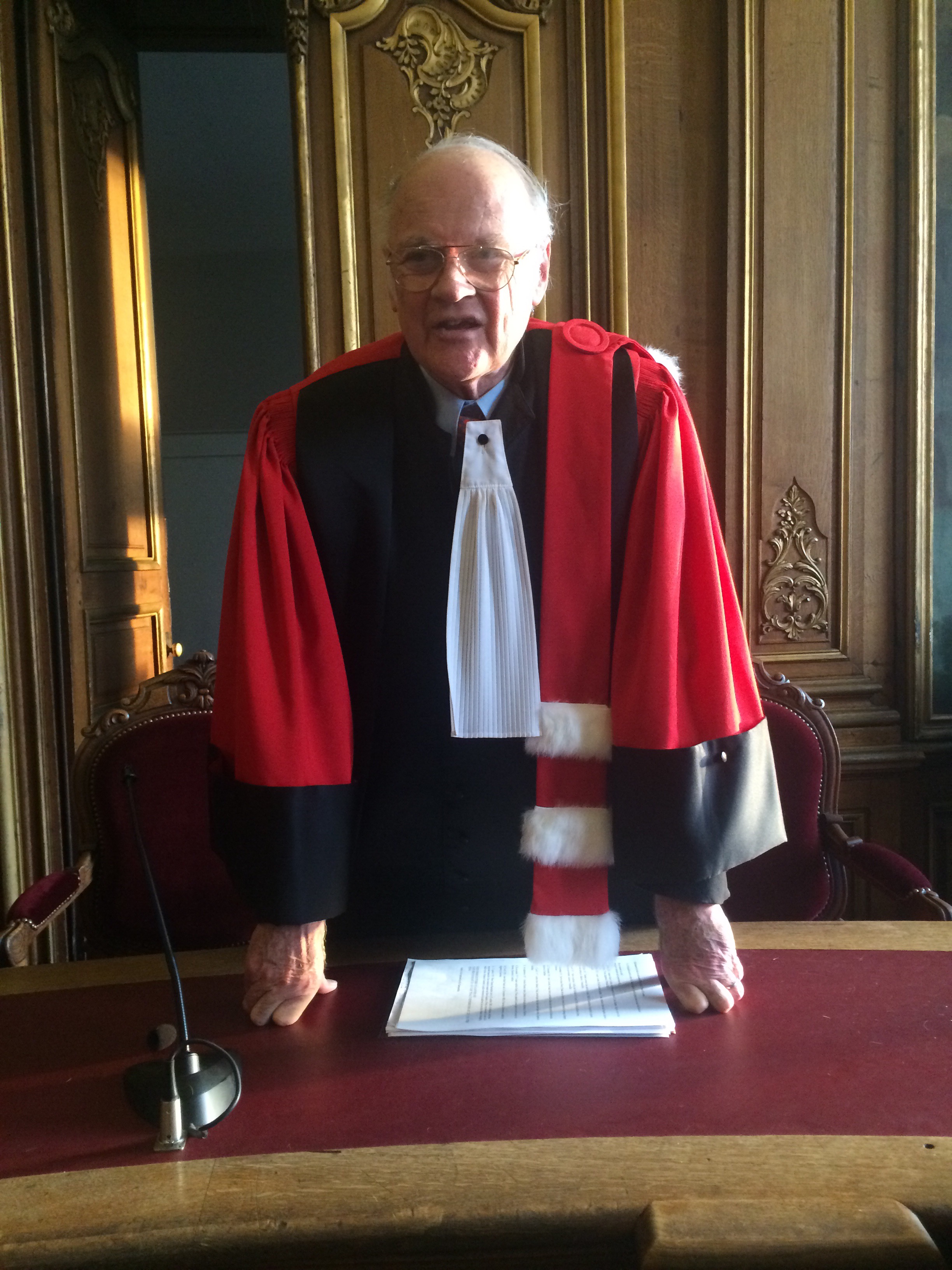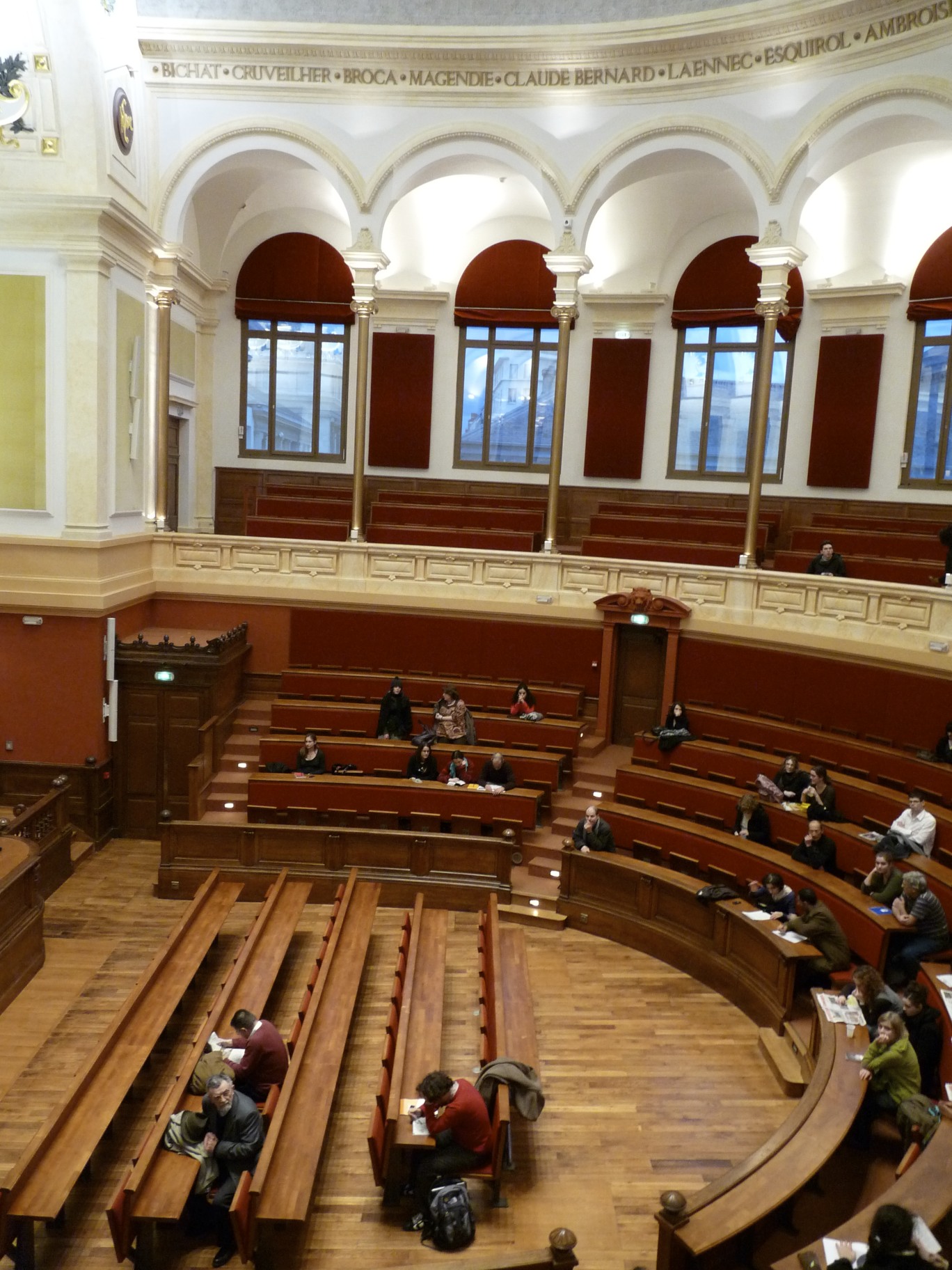|
André Pelletier (historian)
André Pelletier (11 January 1937) is a French historian and archaeologist, a professor and specialist of ancient Rome. Biography Agrégé of history, Doctor of Letters in 1972,. he directed the excavations of Vienne for 15 years, the site to which he devoted his doctoral thesis. In 1963 and 1964, he uncovered Roman mosaics in the old hospital sector. He searched the Odeon from 1970 to 1976, in collaboration with P. Senay, and under his direction only from 1973. In 1974 then in 1982, he published two monographs summarizing current knowledge on ancient Vienne. He wrote the text of the album ''Histoire de l'Arménie'', drawn by and published in 1979. He was maître de conférences of ancient history Ancient history is a time period from the History of writing, beginning of writing and recorded human history through late antiquity. The span of recorded history is roughly 5,000 years, beginning with the development of Sumerian language, ... and Roman archaeology at the ... [...More Info...] [...Related Items...] OR: [Wikipedia] [Google] [Baidu] |
Ancient Rome
In modern historiography, ancient Rome is the Roman people, Roman civilisation from the founding of Rome, founding of the Italian city of Rome in the 8th century BC to the Fall of the Western Roman Empire, collapse of the Western Roman Empire in the 5th century AD. It encompasses the Roman Kingdom (753–509 BC), the Roman Republic (50927 BC), and the Roman Empire (27 BC476 AD) until the fall of the western empire. Ancient Rome began as an Italic peoples, Italic settlement, traditionally dated to 753 BC, beside the River Tiber in the Italian peninsula. The settlement grew into the city and polity of Rome, and came to control its neighbours through a combination of treaties and military strength. It eventually controlled the Italian Peninsula, assimilating the Greece, Greek culture of southern Italy (Magna Graecia) and the Etruscans, Etruscan culture, and then became the dominant power in the Mediterranean region and parts of Europe. At its hei ... [...More Info...] [...Related Items...] OR: [Wikipedia] [Google] [Baidu] |
Agrégation In France
In France, the () is the most competitive and prestigious examination for civil service in the French public education system. Successful candidates become ''professeurs agrégés'' () and are usually appointed as teachers in secondary schools or preparatory classes, or as lecturers in universities. Context Originating from the 18th century, the is a highly prestigious and competitive examination. The level of selectivity varies between disciplines: every year, the French Ministry of National Education determines and publishes a list of annual quotas for each discipline. There are about 300 to 400 positions open each year for mathematics, but usually fewer positions for humanities and social sciences (for example, 85 positions for philosophy were offered in 2024) and perhaps only one seat in some rarely taught foreign languages such as Japanese. The is typically open only to holders of a five-year university diploma (master's degree) or above. There is also an internal ... [...More Info...] [...Related Items...] OR: [Wikipedia] [Google] [Baidu] |
Vienne, Isère
Vienne (; ) is a town in southeastern France, located south of Lyon, at the confluence of the Gère and the Rhône. It is the fourth-largest commune in the Isère department, of which it is a subprefecture alongside La Tour-du-Pin. Vienne was a major centre of the Roman Empire under the Latin name ''Vienna''. Vienne was the capital of the Allobroges, a Gallic people, before its conquest by the Romans. Transformed into a Roman colony in 47 BC under Julius Caesar, it became a major urban centre, ideally located along the Rhône, then a major axis of communication. Emperor Augustus banished Herod the Great's son, the ethnarch Herod Archelaus to Vienne in 6 AD. As Vienne was a Roman provincial capital, remains of Roman constructions are still widespread across it. The city was also an important early bishopric in Christian Gaul. Its most famous bishop was Avitus of Vienne. At the Council of Vienne, which was convened there in October 1311, Pope Clement V abolished the or ... [...More Info...] [...Related Items...] OR: [Wikipedia] [Google] [Baidu] |
Maître De Conférences
The following summarizes basic academic ranks in the France, French higher education system. Most academic institutions are state-run and most academics with permanent positions are French Civil Service, civil servants, and thus are Academic tenure, tenured (after a one-year probationary period). Several parallel career paths exist, depending on the type of institution. The three paths correspond to teacher-researchers (''enseignants-chercheurs''), researchers, and teachers. It is possible to be promoted from one path to another. Several ranks exist within each path. Increases in rank (for example, the promotion from associate professor to full professor) come with an increase in salary and responsibility and are subject to some conditions, such as the habilitation. In most cases, moving to a higher rank requires going through an open recruitment competition, the same procedure used for initially obtaining the position in the lower rank. Temporary positions include PhD students, p ... [...More Info...] [...Related Items...] OR: [Wikipedia] [Google] [Baidu] |
Ancient History
Ancient history is a time period from the History of writing, beginning of writing and recorded human history through late antiquity. The span of recorded history is roughly 5,000 years, beginning with the development of Sumerian language, Sumerian cuneiform script. Ancient history covers all continents inhabited by humans in the period 3000 BCAD 500, ending with the Early Muslim conquests, expansion of Islam in late antiquity. The three-age system periodises ancient history into the Stone Age, the Bronze Age, and the Iron Age, with recorded history generally considered to begin with the Bronze Age. The start and end of the three ages vary between world regions. In many regions the Bronze Age is generally considered to begin a few centuries prior to 3000 BC, while the end of the Iron Age varies from the early first millennium BC in some regions to the late first millennium AD in others. During the time period of ancient history, the world population was Exponential growth, e ... [...More Info...] [...Related Items...] OR: [Wikipedia] [Google] [Baidu] |
Lumière University Lyon 2
Lumière University Lyon 2 () is one of the three universities that comprise the current University of Lyon system, having splintered from an older university of the same name, and is primarily based on two campuses in Lyon itself. It has a total of 27,500 students studying for three-to-eight-year degrees in the arts, humanities and social sciences. History At the end of the 18th century, Lyon did not have a university. Education was still linked to religious congregations and influenced by the town's commercial, scientific and industrial requirements. *1835 and 1838 : Creation of the Faculties of Science and Humanities. *1874 and 1875 : Creation of the Faculties of Medicine and Law. *1896 : All these faculties were combined to form the University of Lyon. The same year, the historical buildings on the left bank of the Rhone were finished, initially dedicated to the faculties of medicine and science, then to the faculties of law and humanities. University of Lyon 2 is now establ ... [...More Info...] [...Related Items...] OR: [Wikipedia] [Google] [Baidu] |
Marcel Le Glay
Marcel Le Glay (7 May 1920, Arleux near Douai ( Nord) – 14 August 1992.) was a 20th-century French historian and archaeologist, specializing in ancient Rome. His work focused in particular on Roman religion and North Africa during Antiquity, especially from Latin literature epigraphic: his monumental thesis, dedicated to the cult of Saturn in Africa, is meeting his three favorite areas. Career A member of the École française de Rome from 1947 to 1949, he chose to devote himself to archeology, with a thesis on the Roman porticos and religious history, with an article on Syrian gods of the Janiculum where he already addressed the issue of integration of provincial cults in the Roman religious universe. The work of Marcel Le Glay is important: a dozen books, and nearly two hundred articles and pamphlets, of which approximately half relates to ancient Africa. His culture, intellectual curiosity, competence were very broad and covered all of Roman history. He also devoted many st ... [...More Info...] [...Related Items...] OR: [Wikipedia] [Google] [Baidu] |
French Scholars Of Roman History
French may refer to: * Something of, from, or related to France ** French language, which originated in France ** French people, a nation and ethnic group ** French cuisine, cooking traditions and practices Arts and media * The French (band), a British rock band * "French" (episode), a live-action episode of ''The Super Mario Bros. Super Show!'' * ''Française'' (film), a 2008 film * French Stewart (born 1964), American actor Other uses * French (surname), a surname (including a list of people with the name) * French (tunic), a type of military jacket or tunic * French's, an American brand of mustard condiment * French (catheter scale), a unit of measurement * French Defence, a chess opening * French kiss, a type of kiss See also * France (other) * Franch, a surname * French Revolution (other) * French River (other), several rivers and other places * Frenching (other) Frenching may refer to: * Frenching (automobile), recessing or moul ... [...More Info...] [...Related Items...] OR: [Wikipedia] [Google] [Baidu] |
1937 Births
Events January * January 1 – Anastasio Somoza García becomes President of Nicaragua. * January 5 – Water levels begin to rise in the Ohio River in the United States, leading to the Ohio River flood of 1937, which continues into February, leaving 1 million people homeless and 385 people dead. * January 15 – Spanish Civil War: The Second Battle of the Corunna Road ends inconclusively. * January 23 – Moscow Trials: Trial of the Anti-Soviet Trotskyist Center – In the Soviet Union 17 leading Communists go on trial, accused of participating in a plot led by Leon Trotsky to overthrow Joseph Stalin's regime, and assassinate its leaders. * January 30 – The Moscow Trial initiated on January 23 is concluded. Thirteen of the defendants are Capital punishment, sentenced to death (including Georgy Pyatakov, Nikolay Muralov and Leonid Serebryakov), while the rest, including Karl Radek and Grigory Sokolnikov are sent to Gulag, labor camps and later murdered. They were i ... [...More Info...] [...Related Items...] OR: [Wikipedia] [Google] [Baidu] |





